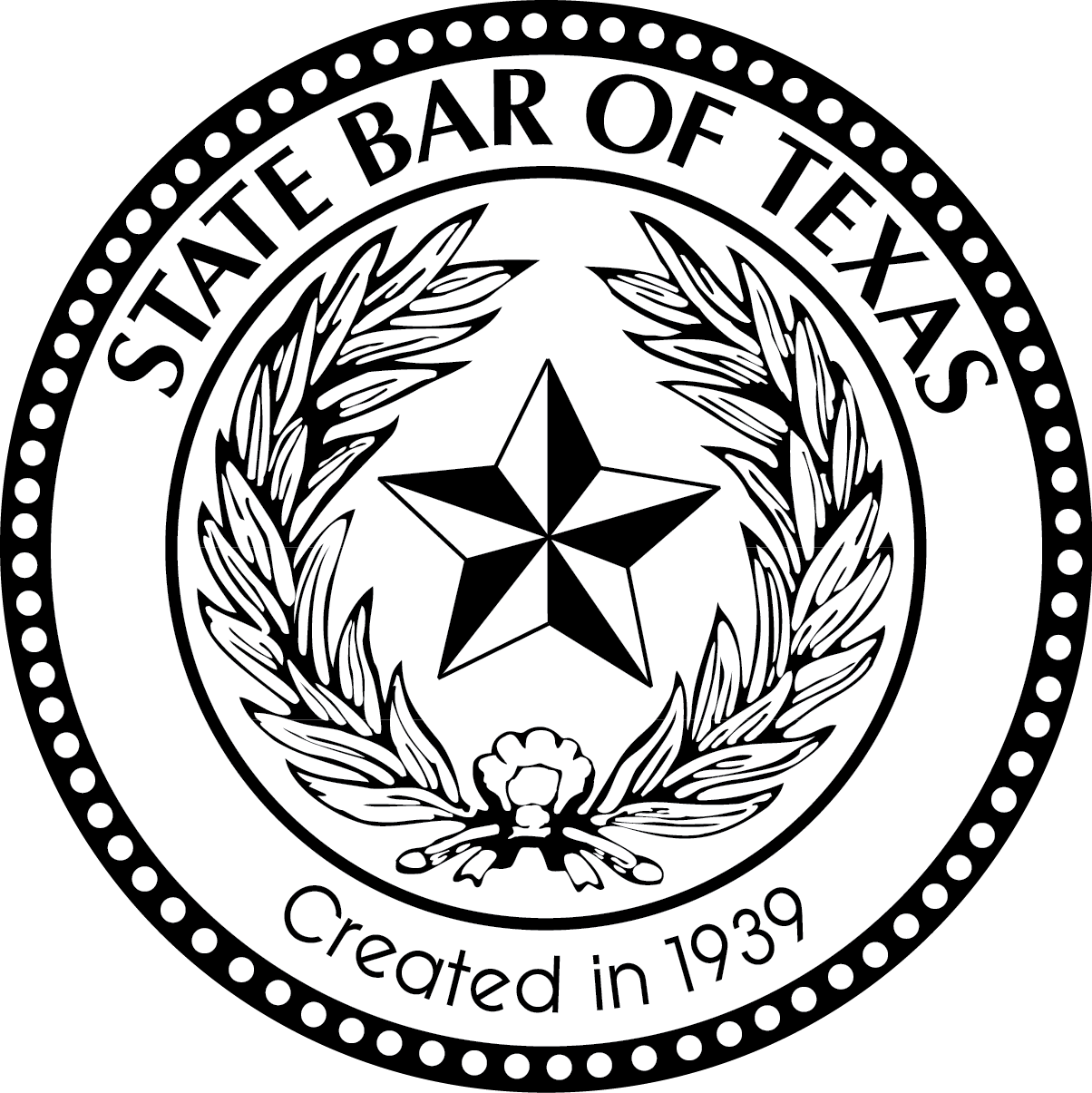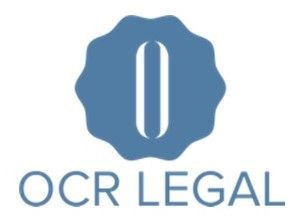Frequently Asked Questions About Bankruptcy, Eviction & More
Are there any additional charges for the attorney's services?
A: My fees are only $300. It's a flat rate; we don't charge anything else for this process.
The landlord says they won the case or that you didn't show up at Court, and now you have to move.
A: The landlord will use various scare tactics to get you to move out. If you use our services, you won't have to move.
The landlord filed the eviction case with one amount, and now they are asking for a different amount.
A: The landlord will file the case with the current amount you owe. That amount will increase due to late fees and court fees. If the hearing is scheduled near the end of the month, they can ask for the next month's rent, even if it is not due.
What will happen if I fully pay the landlord before the eviction hearing?
A: If you settle your dues with the landlord before the hearing, you can negotiate an agreement and potentially dismiss the case.
What are the next steps after the documents are filed?
A: The case will pass to the County Court for a new hearing. Before that hearing date, you must try to reach an agreement with the landlord or move out.
When do I have to make the initial rent payment?
A: The initial rent payment must be deposited at the Court's registry within five days of the documents being submitted to the Court. If the fifth day falls on a weekend or holiday, the due date will be moved to the next business day.
Regarding the payment I'll submit to the Court, does that go towards my balance to the landlord?
A: The amount you'll pay towards the Court will not be applied to any month. That is to allow for the additional time.
Once the documents are filed, how much time do I have before the other Court sets the new hearing?
A: Each Court is different and will depend on the other Judge's calendar. Usually, it takes about 4 to 8 weeks. Remember that between that time, you must reach an agreement with the landlord or move out.
What happens if the landlord doesn't want to work with you?
A: Nobody can force anyone into an agreement. If the landlord doesn't want to work with you, you must use the additional time to move out.
What happens if I can't make the initial payment to the Court's Registry?
A: The landlord can request the Writ of Possession and remove you from the premises.
How long must I be moved out after the landlord has the Writ of Possession?
A: The Constable will serve you a final 24-hour warning to move out. If you are not out by then, they can force the entry, remove everything, and seal the door. I can't tell you precisely when the Constable will serve you that warning, but it will be anytime soon after the Writ of Possession is issued.
How will I receive communication for the next steps after filing the documents?
A: The Court will notify you directly, by mail or email, of the following steps; the Court will not notify this office and the landlord.
What can I do while the new Court hearing is scheduled?
A: That's your opportunity to negotiate with the landlord. If they are unwilling to negotiate, use this time to make the plant move out.
How long after depositing the one-month rent do I settle the next rent payment? I haven't heard from either the Court or the landlord.
A: You'll have to continue making rent payments when they are due by depositing those at the Court's Registry while the process is pending.
Should I continue paying rent while the appeal is pending?
A: While the appeal is pending, you must continue paying rent. Those payments must be deposited at the Court's Registry, not to the landlord.
The landlord contested the inability to pay the appeal bond and court fees. What is that?
A: That means the landlord, or sometimes the Judge, says you can pay court fees and appeal bond. For every appeal, a bond must be deposited at Court. The Judge establishes the bond on the eviction hearing. The only way to avoid paying the bond is by presenting the document we did, which shows the inability to pay an appeal bond and fees. The Judge could set a special hearing to see if you have sufficient income to pay the bond. If the Judge rules in your favor, you'll not have to pay the bond and continue the process as usual. If the Judge rules that you have sufficient income, they'll give you 24 hours to deposit the bond. If you don't have the money, you can hire a bond company, and they'll lend you the money. This type of bond is called a supersedeas bond. If you do a Google search, you can find many companies that will be able to help you.
I would like to know if I can get an eviction from my record/credit.
A: Once an eviction is filed, it's usually a public record. It will not show up on your credit report, but it will show up on your rental history, and it cannot be removed from your rental history, even if you file an appeal. It will be on your rental history when they file the eviction case. Renters with evictions can rent homes and apartments again, though you may have to offer more to persuade a landlord to lease. Explain the eviction, provide references, offer to pay extra, such as two months of rent for a deposit, add a co-signer, and show proof of your income.
What will happen if I don't attend the new hearing?
If you don't show up, the Judge will dismiss your appeal, and the landlord can proceed with the writ of possession. You'll have five days before they can request the writ.
What will happen if I attend the new hearing?
A: If you show up at the hearing without reaching an agreement with the landlord or with the total amount owed, the Judge will dismiss your appeal and proceed with the question: I would like to know if I can get an eviction from my record/credit.
Call 469-389-8877 if you have any additional questions about eviction or bankruptcy proceedings.
Education

PONTIFICAL CATHOLIC UNIVERSITY
Juris Doctor, 2004
Affiliations

National Association of Consumer
Bankruptcy Attorneys
Bar Admissions
State of Texas
Northern Federal District of Texas
Eastern Federal District of Texas
Southern Federal District of Texas
Federal District of Puerto Rico
First Federal Appellate District of Boston


Quick Links
Contact information
Phone: 469-389-8877
Eviction: 469-926-6126
Email: ocrlegal@gmail.com
7460 Warren Parkway
Suite 100
Frisco, Texas 75034
Business Hours:
- Mon - Fri
- -
- Sat - Sun
- Closed
OUR LOCATION
